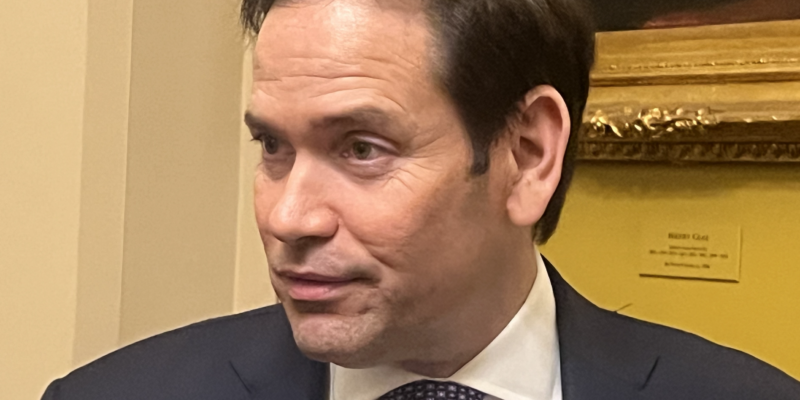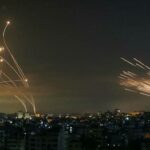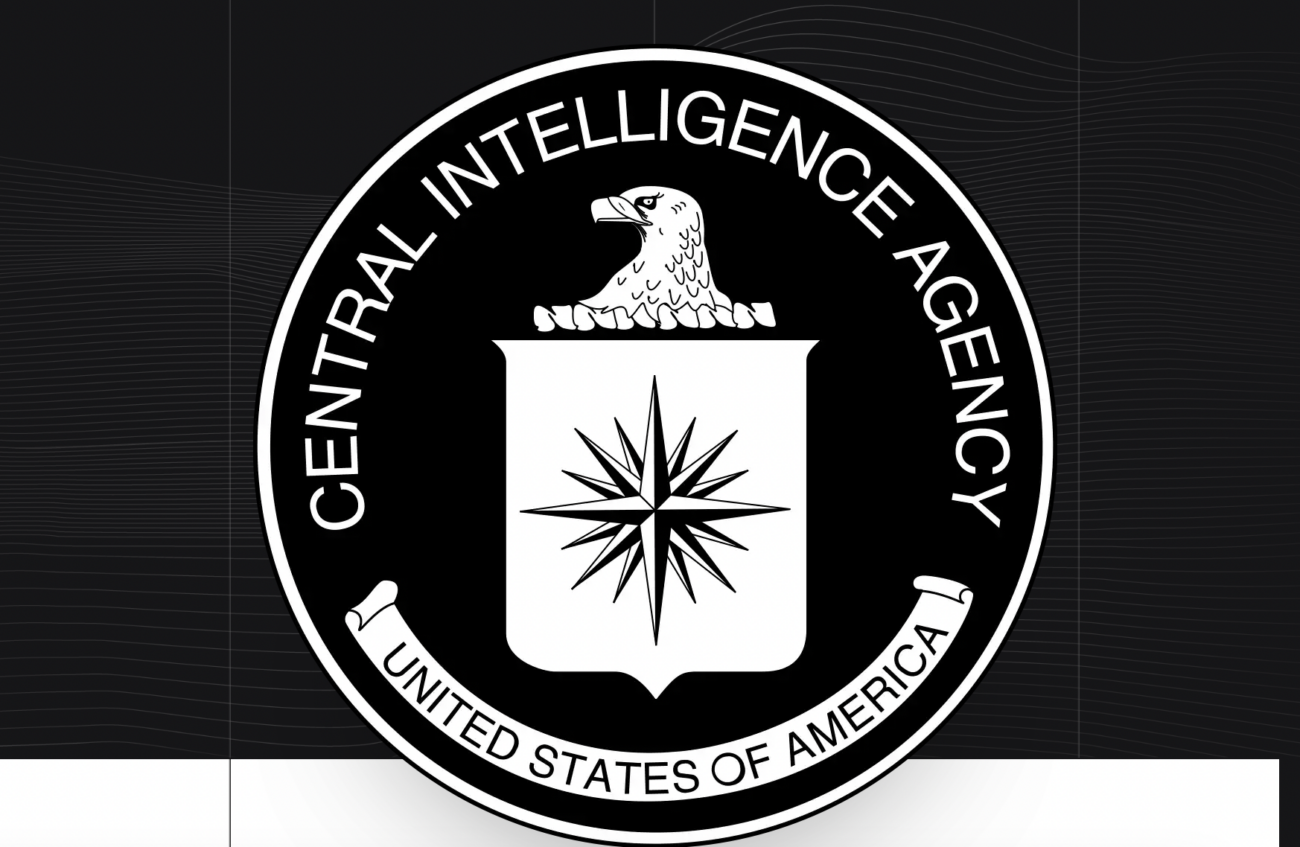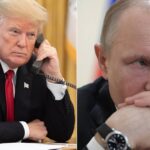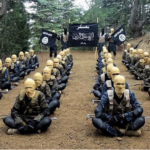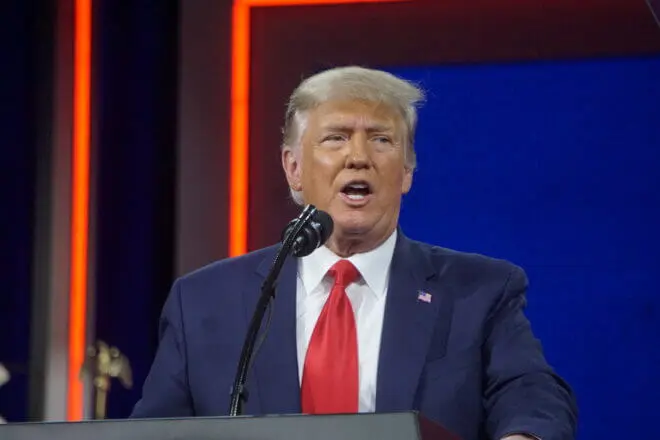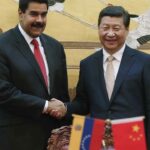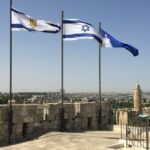Secretary of State Marco Rubio recently announced the US was levying new sanctions on Chinese officials for civil rights abuses perpetrated in Hong Kong.
Hong Kong, following the Sino-British Joint Declaration of 1984, officially became Chinese territory after having been a British colony for over one hundred years.
The declaration featured pledges from the Chinese Communist Party (CCP) that it would respect Hong Kong’s democratic and capitalist laws and rights for at least fifty years.
However, the CCP began eroding Hong Kong’s freedoms and independence after passing the Safeguarding National Security Ordinance (SNSO) in March 2024.
Secretary Rubio, a longtime critic of the CCP’s undemocratic behavior, condemned the individuals responsible for having, as he sees it, “degraded the autonomy of Hong Kong, including in connection with transnational repression targeting individuals residing in the United States.”
The sanctions target high-ranking government officials leading the institutions that the CCP has weaponized to curtail civil liberties and freedoms in Hong Kong.
Among them are the Secretary-General of the Committee for Safeguarding National Security in Hong Kong, the Assistant Commissioner of the Police and National Security, and the Police Commissioner of the Hong Kong Police Force.
The State Department recently published a report to Congress on the Conditions in Hong Kong of Interest to the United States.
The report criticizes China for its recent activity undermining Hong Kong’s freedom and democracy.
“Beijing took new actions which directly threaten U.S. interests and are inconsistent with the Basic Law and China’s obligation pursuant to the Sino-British Joint Declaration of 1984 to allow Hong Kong to enjoy a high degree of autonomy,” claims the report.
Telling instances of repression include issuing arrest warrants and bounties targeting overseas democracy advocates and canceling passports for others, including some based in the United States.
Additionally, the CCP has persecuted Hong Kong pro‑democracy and media freedom advocates, such as 47 individuals tried in a case known as the “NSL 47,” Jimmy Lai, and former editors of Stand News.

